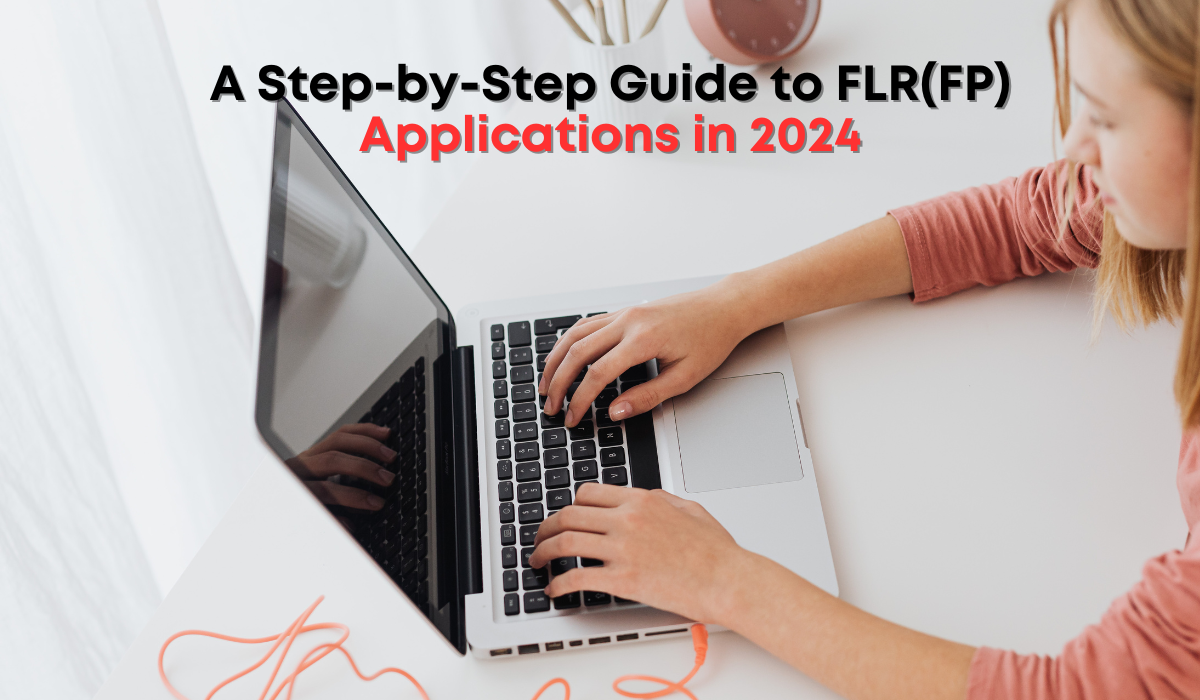For many, the United Kingdom represents stability, family, and opportunity. Yet, the immigration journey can be complex, especially when conventional visa routes are out of reach. The FLR(FP) application—standing for Further Leave to Remain on the basis of Family Life (F) and Private Life (P)—is a vital pathway for individuals striving to remain in the UK under unique circumstances.
This reflective guide explores the nuances of FLR(FP), shedding light on its eligibility criteria, application process, and how it safeguards the rights of individuals with deep roots in the UK.
Understanding FLR(FP): Family and Private Life Protections
The essence of the FLR(FP) route lies in protecting family and private life under Article 8 of the European Convention on Human Rights. It provides a legal framework for those with significant ties to the UK who may otherwise face deportation or separation from their families.
Unlike employment- or education-based visas, FLR(FP) applications focus on the applicant’s relationships and personal connections within the UK. This makes it particularly crucial for individuals who fall outside traditional visa categories.
Who Can Apply for FLR(FP)?
The FLR(FP) route is suitable for those with strong family or private life connections in the UK. Applicants generally fall into two categories:
- Family Life Route:
- Partners: Individuals in genuine relationships with British citizens or settled persons, usually on the 10-year pathway to settlement.
- Parents: Those parenting a British or settled child, qualifying under the 5- or 10-year settlement route.
- Dependent Children: Children under 18 on the 10-year route to settlement.
- Private Life Route:
- Children under 18: Who have lived in the UK continuously for at least 7 years and would face unreasonable expectations to leave.
- Young Adults (18-24): Who have spent over half their lives in the UK.
- Adults (18 and over): With less than 20 years in the UK but who would face “very significant problems” if required to relocate.
- Individuals with 20+ years in the UK: Continuously residing in the country.
- UK-born children: To parents who hold or are applying for FLR(FP) status.
These eligibility categories are designed to consider the complexities of life, relationships, and personal histories, ensuring the immigration system remains both compassionate and pragmatic.
Application Process: A Step-by-Step Guide
Applying for FLR(FP) involves several key stages, each requiring precision and thorough preparation:
- Document Collection: Gather identity documents, immigration history, evidence of family connections, and proof of private life. Supporting documents might include tenancy agreements, school letters, or medical records.
- Online Form Submission: The FLR(FP) application must be completed and submitted online. Attention to detail is paramount, as errors can delay processing or lead to rejections.
- Paying Fees: Applicants must pay the £1,258 application fee and the Immigration Health Surcharge (IHS), which costs £2,587.50 for adults applying for 2.5 years of leave.
- Biometric Appointment: A biometric appointment is required to submit fingerprints and a photograph.
- Further Documentation: Submit any additional documentation requested by UK Visas and Immigration (UKVI).
The 10-Year Route: A Lifeline for Many
The FLR(FP) 10-year route is a slower pathway to settlement, requiring individuals to renew their leave every 30 months for a decade. This route is especially valuable for applicants who do not meet the stringent financial or residency requirements of other visa categories but can demonstrate strong family or private life ties.
While the pathway is lengthy, it ensures families remain united and individuals can maintain stability without fear of separation or deportation.
Financial Considerations and Flexibility
FLR(FP) applicants must show they can support themselves without heavy reliance on public funds. While the financial criteria are more flexible compared to other visa categories, applicants should be prepared to provide evidence of their ability to meet basic living expenses.
FLR(FP) vs. FLR(FM): Understanding the Difference
Many confuse FLR(FP) with FLR(FM), but the two cater to distinct scenarios.
- FLR(FP): Primarily for individuals applying based on private life or family life under the 10-year settlement route.
- FLR(FM): For family members of settled individuals, often with stricter financial and residency requirements.
Choosing the correct application depends on individual circumstances, making professional advice invaluable.
A Reflective Look at the FLR(FP) Route
The FLR(FP) route exemplifies the UK’s commitment to protecting the rights of individuals with established lives in the country. For many, it provides hope and stability, ensuring families remain together and individuals can continue contributing to their communities.
Yet, the process can be daunting. From navigating eligibility criteria to preparing comprehensive applications, seeking legal guidance can make a significant difference. Immigration solicitors offer tailored advice, ensuring applicants present their strongest case while avoiding costly errors.
A Call to Action for Applicants
Whether you’re applying for the first time or renewing your leave under the FLR(FP) route, preparation is key. Start early, gather detailed documentation, and seek expert advice where needed.
If you are unsure about your eligibility or how to proceed, consult with a trusted immigration solicitor to secure the best possible outcome for you and your family. With the right support, the FLR(FP) pathway can provide the legal and emotional stability needed to thrive in the UK.
Get in touch: For a comprehensive understanding of your options or queries on UK immigration matters, contact GigaLegal Solicitors at 02074067654 or click here to book a no-obligation consultation with an immigration expert.


